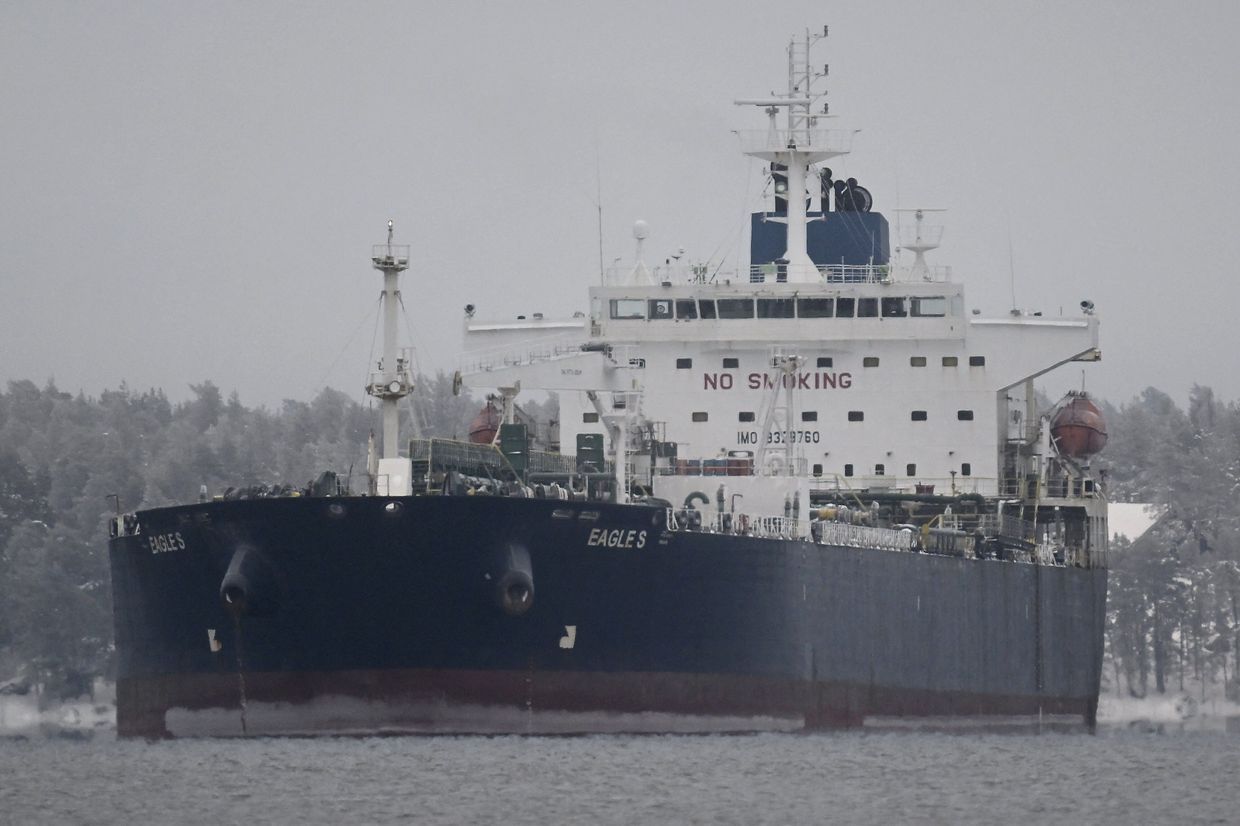EU leaders to discuss defense strategy against Russia, Trump’s tariffs

European Union leaders are meeting in Brussels on Feb. 3 to address the continent’s defense strategy against Russia and to navigate the challenges posed by U.S. President Donald Trump’s recent tariff decisions targeting Canada, Mexico, and China.
The leaders of the EU’s 27 member states will convene at a former royal palace turned conference center, where they will be joined for lunch by NATO Secretary General Mark Rutte and later dine with British Prime Minister Keir Starmer, according to Reuters.
Antonio Costa, President of the European Council, has framed the gathering as a "retreat" rather than a formal summit, aiming to foster open discussions without official declarations or binding decisions.
A key focus of the meeting is geopolitics and EU relations with the United States, with Trump’s sweeping tariffs expected to dominate the agenda. EU officials are increasingly concerned that similar measures could soon be imposed on European exports. Additionally, Trump’s demands for increased European defense spending and reduced reliance on NATO will be a major topic, particularly as he has called for EU member Denmark to relinquish Greenland to the U.S., further straining transatlantic relations.
Costa emphasized the need for Europe to enhance its defense capabilities, adding in a letter to EU leaders that "Europe needs to assume greater responsibility for its own defense. It needs to become more resilient, more efficient, more autonomous, and a more reliable security and defense actor."
While countries like France and the Baltic states support joint EU borrowing for defense spending, Germany and the Netherlands remain opposed. A potential compromise could involve borrowing to finance loans rather than direct grants for defense projects, Reuters reports.
European defense spending has risen significantly since Russia’s 2022 invasion of Ukraine. Last year, EU nations collectively spent an estimated 326 billion euros ($334.48 billion) on defense, an increase of 30% from 2021.
Despite this, Trump has pushed for NATO’s European members to allocate 5% of GDP to defense, a target that no member, including the U.S., currently meets.











